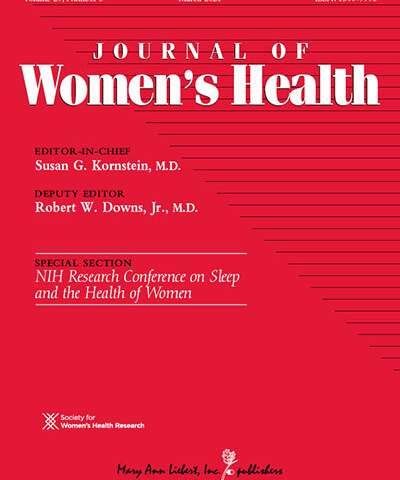
A new study quantifies the future economic burden of cardiovascular disease (CVD) in women with a history of preterm delivery (PTD). The study, which used a novel Markov microsimulation model to quantify CVD burden in terms of cost and years of life lost over a 50-year period, is published in Journal of Women’s Health.
The article entitled “How Does Preterm Delivery Contribute to the Increased Burden of Cardiovascular Disease? Quantifying the Economic Impact of CVD in Women with a History of Preterm Delivery” was coauthored by Lan Gao, Ph.D., Shu-chuen Li, Ph.D., and Marj Moodie, DrPh, Deakin University (Geelong) and The University of Newcastle (Callaghan), Australia. While PTD is not traditionally recognized as a CVD risk factor, it places the mother at increased risk of developing CVD, including coronary heart disease and stroke, later in life, and women who have a PTD have about twice the risk of CVD mortality.
Based on an Australian healthcare system perspective, the study comprised two models—a dynamic model and a static model—which showed the total CVD cost burden to be 11.4 billion Australian dollars and 4.5 billion Australian dollars, respectively, over the 50-year study period. The years of life lost were 0.34 per capita and 0.52 per capita, respectively.
In an accompanying Editorial entitled “The Economic Burden of CVD in Women with a History of Preterm Delivery”, Margo Minissian, Ph.D., Cedars-Sinai Medical Center (Los Angeles, CA) states: “Considering the substantial economic burden eloquently described by Gao et al., future prevention strategies for women who experience PTD are imperative.” In addition, “recognizing PTD as a potential CVD risk factor/enhancer is important.”
Source: Read Full Article
